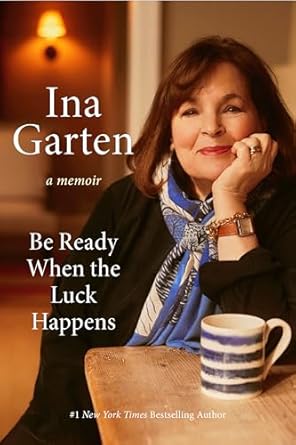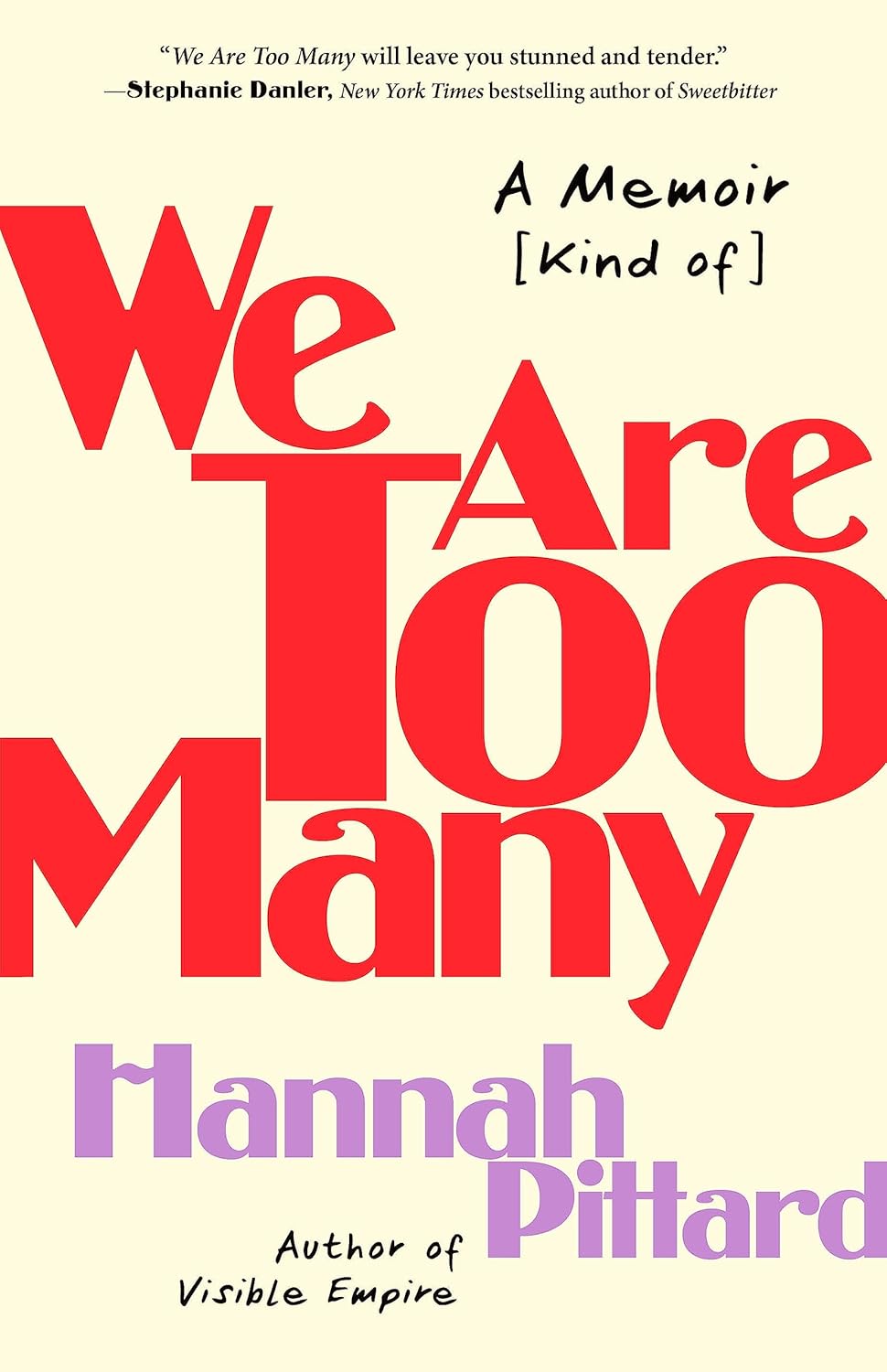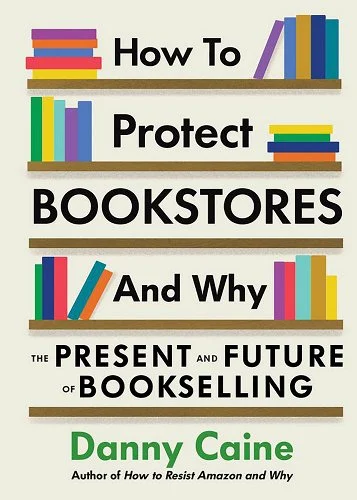
My Friend Anna: The True Story Of A Fake Heiress by Rachel DeLoache Williams is a memoir about the author’s experience with a generous but enigmatic friend who treated her to dinners out, personal trainers and a lavish vacation in Morocco and then convinced her to charge tens of thousands of dollars on her credit card with the promise of repayment that never came. It offers a fascinating glimpse into a friendship that, imbalanced from the start, turned into a power game as Rachel tried fruitlessly to be repaid and to figure out who Anna really was.
Why I picked it up: My Friend Anna sounded fascinating! And then my hold on it came in at the library and I read the first 10 pages in the car and was hooked.
Williams was living the twentysomething dream in New York City in the mid 2010s with a group of friends and a job as a photo editor at Vanity Fair. She met Anna Delvey, a German heiress, through some mutual friends and they hit it off. A few months later, Delvey returned to New York after some time away and sought out Williams. Their friendship intensified, with the women hanging out regularly, eating at expensive restaurants, enjoying spa treatments and generally cavorting with a fashionable, trendy crowd. Delvey routinely picked up the bill, which Williams appreciated but didn’t question, given Delvey’s family money and the lack of constraints on her spending. Within a few months, Delvey proposed a vacation in Marrakesh with Williams and Delvey’s personal trainer and a videographer she hired to take footage in Morocco for an upcoming documentary, all on Delvey’s dime.
That’s when things got weird. Delvey, who was chronically disorganized and behind schedule, got Williams to charge the airline tickets on her credit card. Then, after an indulgent week in Morocco, the hotel came after Delvey, saying that her credit card was rejecting the charge. Again, Williams agreed to put the charges on her own credit card – $36k on her own and $17k on her corporate AmEx. In the weeks that followed, the two played a prolonged cat and mouse game with Williams constantly asking Delvey for the money and Delvey stalling, making excuses and shifting the blame for the lack of reimbursement. As Williams grew increasingly desperate to get the money from Delvey, she started to realize that Anna might not be who she says she was and that her finances weren’t what Williams was led to believe. The rest of the book details how their relationship changed as Williams goes to extreme measures to try to get money back from Delvey.
You may be wondering, “Why is this worthy of a memoir?” $60k is a significant amount of money, but books about financial fraud usually deal with a larger scale – more people and bigger sums. My Friend Anna was nonetheless fascinating because it chronicled in great detail the unraveling of this friendship, as months of denial by Williams eventually gave way to her desperation to get to the bottom of Anna and who she really was. Williams saved all of their exchanged texts and painstakingly reconstructed the chronology of their interactions. You can blame Williams for being too complacent with Anna, for taking advantage of her generosity and enjoying a lifestyle she couldn’t afford, but I actually found her pretty sympathetic and relatable.
Reviews of My Friend Anna are all over the place. Some questioned Williams’ I’m-just-a-Southern-girl-with-old-fashioned-values image and call out her white privilege. Others describe it as an addictive read, finding it fascinating that Williams could get into this predicament. I am definitely in the latter camp. I had a hard time putting it down and read it at the beach in a day or two. I really liked it! I’m now looking forward to the Netflix series…
My Friend Anna was Book #37 of 2020.












About Me
I have been blogging about books here at Everyday I Write the Book since 2006. I love to read, and I love to talk about books and what other people are reading.